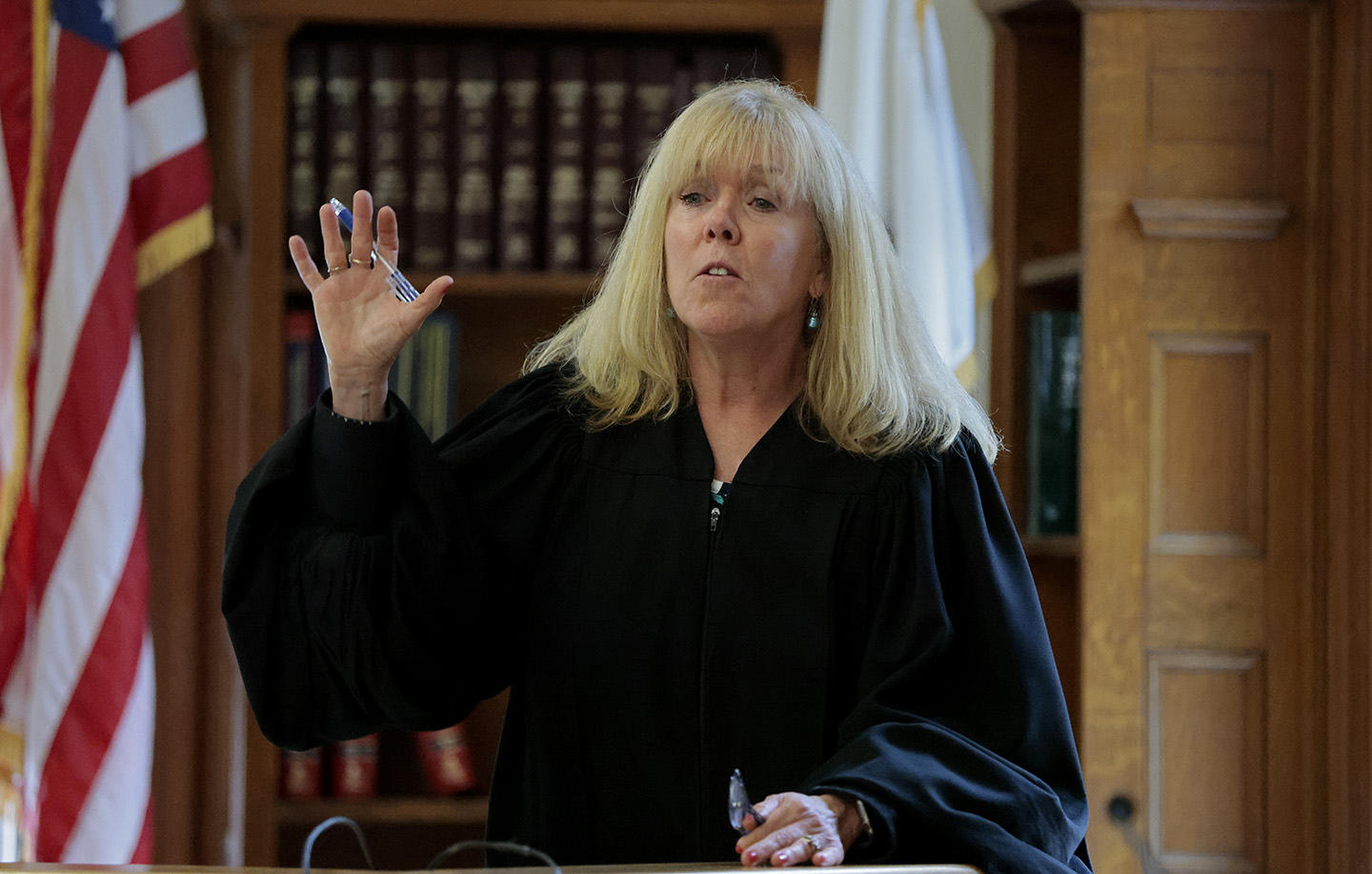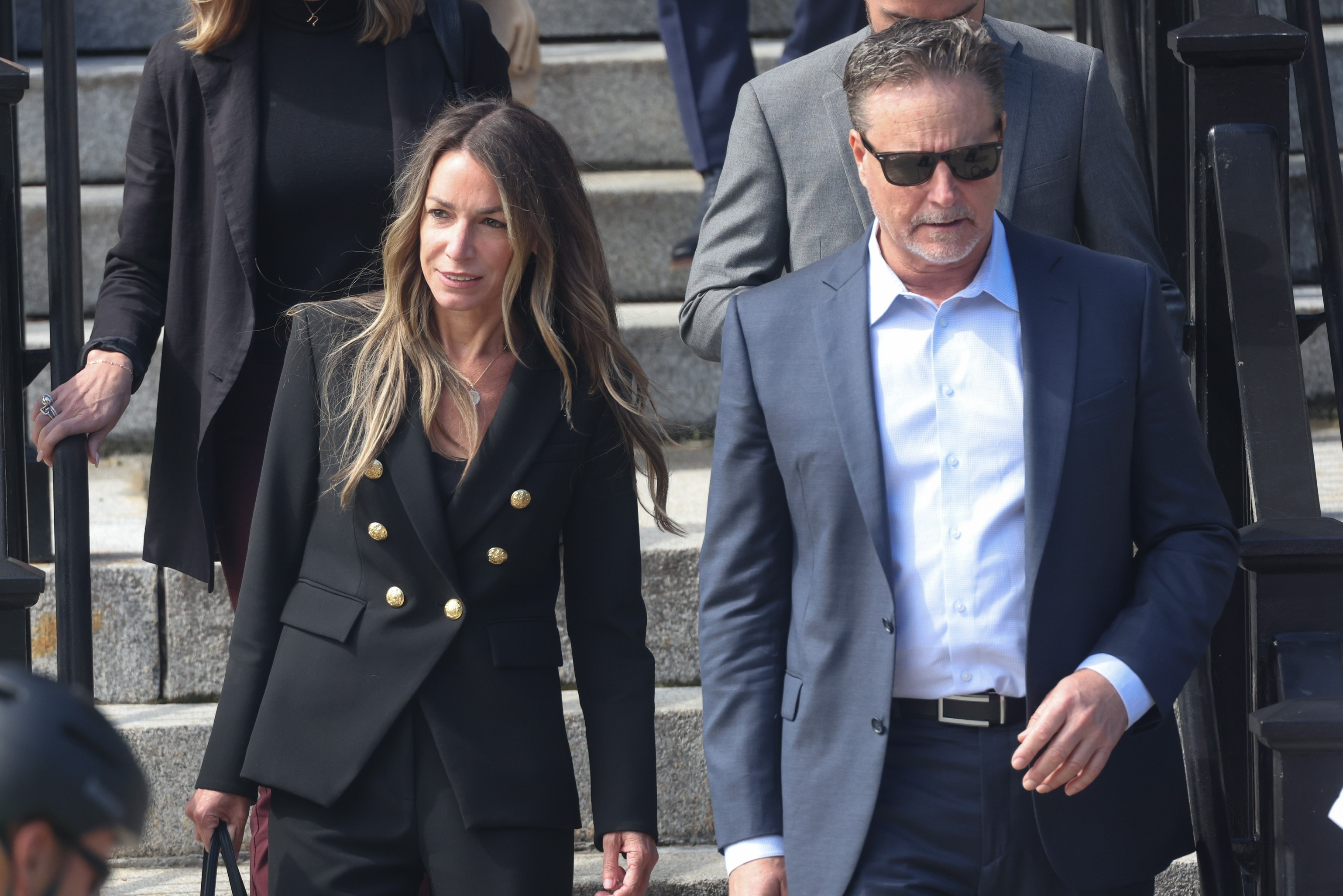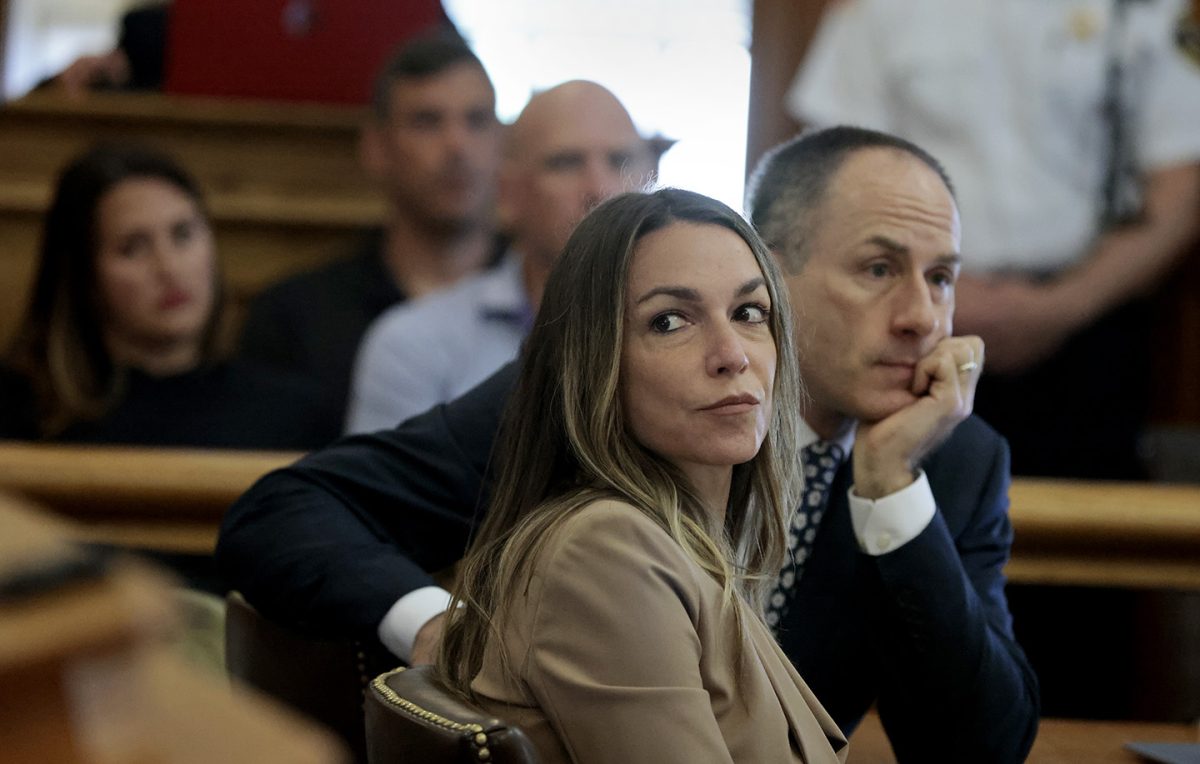As the jurors in the Karen Read case went home Thursday without a verdict, legal experts say not much can be read much into which way jurors are leaning based on how long they deliberate.
Read is waiting to learn whether she will be convicted of three charges, including second-degree murder, in the 2022 death of her boyfriend, Boston Police Officer John O'Keefe.
WATCH ANYTIME FOR FREE
>Stream NBC10 Boston news for free, 24/7, wherever you are. |
"It really is voodoo science," said criminal defense attorney and legal analyst Peter Elikann.
Elikann says each juror will likely have a lot to say given so many witnesses and exhibits.
Get updates on what's happening in Boston to your inbox. Sign up for our >News Headlines newsletter.
"This is the very first time they're sitting in a room, the 12 of them, and going over the evidence, and chatting," he said. "They must be ready to explode."
High-profile cases have varied in terms of how long jurors have been out.
In the Aaron Hernandez trials, he was found guilty of killing Odin Lloyd after about 36 hours of deliberations. But he was found not guilty of killing Daniel de Abreu and Safiro Furtado in roughly the same amount of time.
Emmanuel Lopes was found guilty this February of killing Weymouth Police Sgt. Michael Chesna and bystander Vera Adams back in 2018 after a week of deliberations -- after his first trial last year ended in mistrial with a hung jury. Judge Beverly Cannone, who is presiding over the Read trial, also presided over both trials against Lopes.
Adam Montgomery, who was convicted of killing his daughter, Harmony, was found guilty in about eight hours.
Elikann says we shouldn't focus on how long it takes to reach a decision.
"It really can go either way," he said. "Most of us who observe juries over the years throw up our hands and say we have no idea why juries do what they do."
There's a lot that makes Read's trial unique, but the massive anticipation is nothing new to Massachusetts.
Back in 1997, nanny Louise Woodward was found guilty initially found guilty of second-degree murder before having the charges downgraded to involuntary manslaughter.
Mob boss James "Whitey" Bulger was tried and convicted in federal court in Boston in 2013 after years on the run. Five years later, Bulger was killed in prison.
The Massachusetts trials against Hernandez and Boston Marathon bomber Dzhokhar Tsarnaev also drew significant attention.
While there were plenty of amateur detectives during those court proceedings, those against Read have struck a chord with many.




